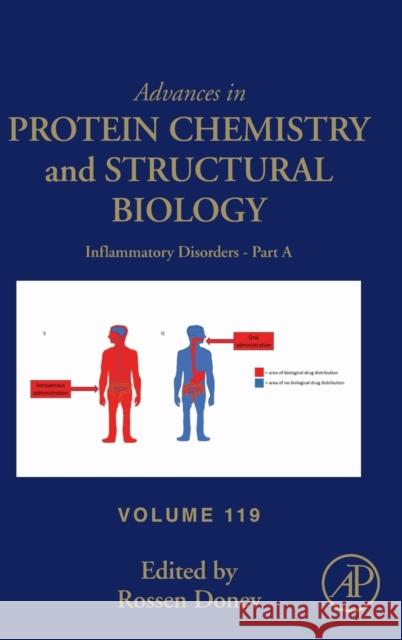Inflammatory Disorders - Part a: Volume 119 » książka
topmenu
Inflammatory Disorders - Part a: Volume 119
ISBN-13: 9780128168448 / Angielski / Twarda / 2020 / 348 str.
Kategorie:
Kategorie BISAC:
Wydawca:
Academic Press
Język:
Angielski
ISBN-13:
9780128168448
Rok wydania:
2020
Numer serii:
000532928
Ilość stron:
348
Waga:
0.63 kg
Wymiary:
22.86 x 15.24 x 2.06
Oprawa:
Twarda
Wolumenów:
01
Dodatkowe informacje:
Bibliografia











